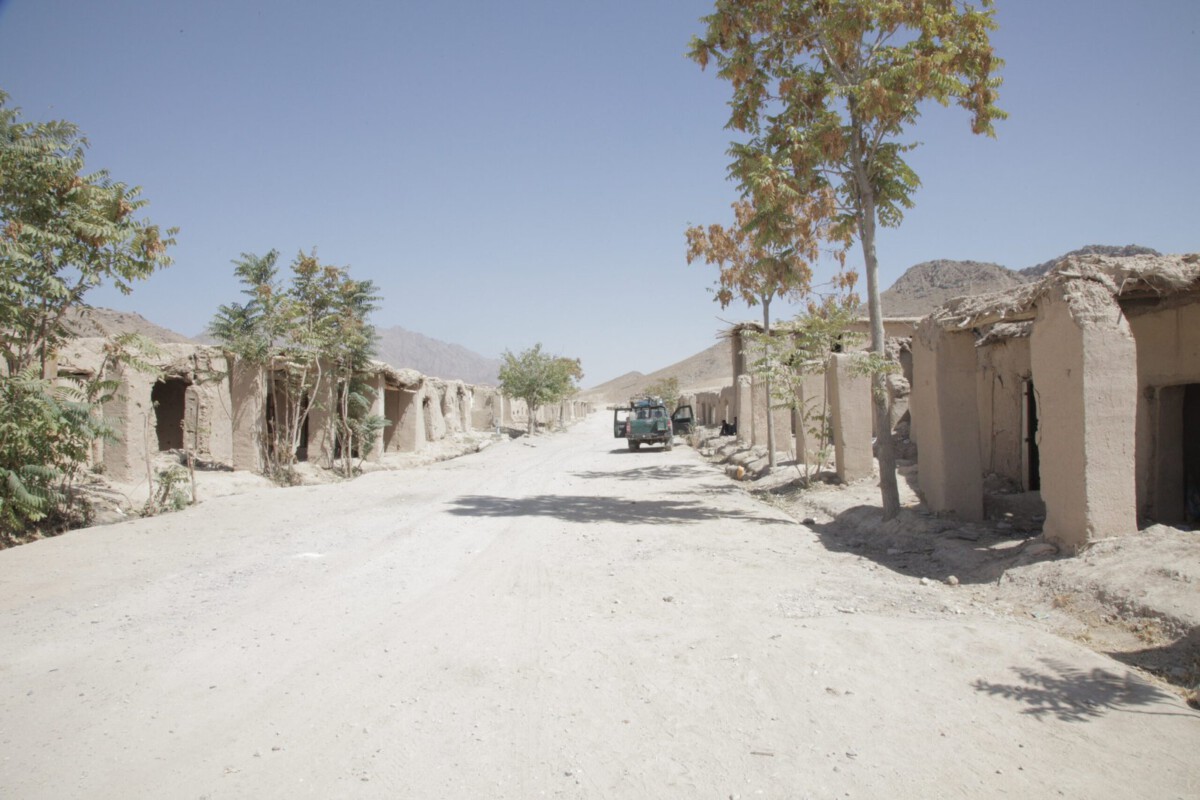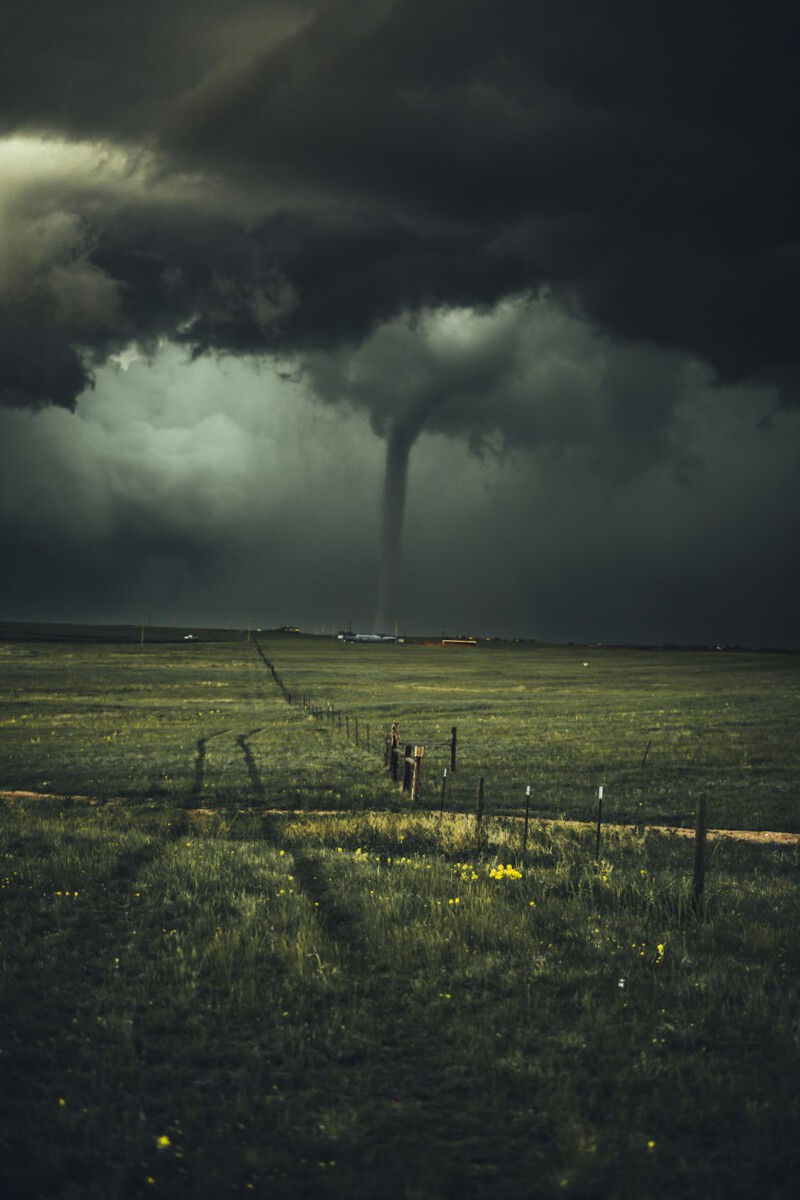China: Tightening Rules in a New Era

China has been making headlines recently for its increasingly strict travel regulations, sparking concern among travelers worldwide. In 2025, authorities have responded to rising public health and national security worries by clamping down on incoming tourism, particularly in high-profile cities like Beijing, Shanghai, and Guangzhou. The China National Tourism Administration revealed a sharp 30% drop in international arrivals compared to 2023, a trend that has only accelerated as new rules are enforced. Travelers now face more rigorous health screenings, unpredictable visa approvals, and sudden regional lockdowns. Government officials have openly discussed the need for a more “controlled environment” to reduce outside influence and protect public order. News outlets across Asia have reported on these developments, with some warning that temporary bans on foreign tourists could be on the horizon. The mood among local tourism businesses is tense, as many worry these changes could become permanent if the perceived threats remain. Anyone hoping to experience China’s Great Wall or bustling cities may soon find doors closed, at least for a while.
Russia: Geopolitical Tensions Shaping Travel

Russia has taken a hard stance on foreign tourism, driven by ongoing international disputes and a renewed focus on national security. Since early 2024, the Russian government has issued public warnings about possible travel bans for citizens of countries deemed “unfriendly” during diplomatic disagreements. The Ministry of Foreign Affairs has stated that these policies could escalate, especially in response to sanctions or security incidents. Recent data shows a 25% drop in travelers from European Union countries and the United States, with many tour operators suspending services due to uncertainty. Major Russian news services have reported on changes to visa applications and increased scrutiny at border controls. The atmosphere for foreign visitors has become more unpredictable, with stories of travelers being turned away or facing extended questioning at airports. This sense of unease has led to a noticeable slowdown in Russia’s tourism industry, and many expect further restrictions if political tensions remain unresolved. For now, those considering a trip to Russia should brace for sudden changes and keep a close eye on official updates.
India: Domestic Boom, Foreign Limits

India’s vibrant tourism scene has been transformed by a massive surge in domestic travel, pushing the government to rethink how it manages foreign visitors. In 2025, authorities are openly discussing measures to cap tourist numbers in crowded hotspots like Goa, Kerala, and the Himalayan hill stations. The Ministry of Tourism reported a staggering 15% jump in local tourism over the past year, fueling concerns about overcrowding, environmental strain, and cultural erosion. Policy proposals include new entry fees for foreigners, stricter group size limits, and even seasonal bans during peak months. Indian newspapers have covered heated debates among local residents, many of whom feel overwhelmed by the influx of travelers. Officials argue that these steps are necessary to protect fragile ecosystems and maintain the unique character of famous destinations. While India remains an attractive destination, those hoping to visit its beaches, temples, or tea plantations may soon face more hurdles than ever before.
Brazil: Protecting Nature, Facing New Challenges

Brazil’s allure as a tourist destination is being tested by mounting environmental and security concerns. In 2024, the government launched a comprehensive review of its tourism strategy, with a particular focus on safeguarding the Amazon and other ecologically sensitive regions. The Brazilian Institute of Geography and Statistics recorded a 20% decline in international guests, highlighting the impact of rising crime rates in cities like Rio de Janeiro and São Paulo. The Ministry of Tourism has hinted at possible access restrictions for foreigners in areas deemed at risk, especially where illegal logging and land conflicts are intensifying. Local communities and environmental groups are pushing for tougher regulations to prevent further damage. Recent news stories have highlighted cases of tourists encountering unsafe conditions or being redirected away from threatened zones. For would-be visitors, the message is clear: Brazil’s doors may not be as open as they once were, especially for those hoping to explore its natural wonders.
Turkey: Security Concerns and Economic Pressures

Turkey’s government is considering new restrictions on inbound tourism as it grapples with a complex mix of security and economic issues. In 2025, the Turkish Statistical Institute reported a 10% decrease in international arrivals, which officials attribute to political unrest and concerns about terrorism. The Ministry of Culture and Tourism has stated that stricter visa requirements for travelers from certain countries are under review. News outlets in Istanbul and Ankara have reported on ongoing debates about balancing national security with economic stability, especially as tourism remains a major revenue source. Some government spokespeople have suggested that temporary bans or targeted restrictions could be put in place if the situation deteriorates. Travelers from Europe and the Middle East in particular are being advised to check for updates regularly, as the rules could change quickly. The uncertainty has left many in the tourism sector bracing for further declines and more stringent controls.
Egypt: Heritage at Risk, Access Under Review

Egypt is famous for its ancient wonders, but officials are growing increasingly protective of these treasures amid rising visitor numbers. In 2024, the Egyptian Tourism Authority noted a 12% uptick in domestic tourism, which has intensified pressure on iconic sites like the Pyramids and Luxor. The government has signaled that access to sensitive archaeological locations may be restricted, with travel caps and new permit systems for foreigners under discussion. Local media has reported on efforts by the Ministry of Antiquities to preserve fragile structures from wear and tear caused by mass tourism. Some popular temples and museums have already limited daily visitor numbers, and more locations are expected to follow. These changes have sparked debate among travel agencies and cultural advocates, some of whom warn that Egypt risks losing vital income if foreign access is curtailed. Still, the priority remains safeguarding the country’s priceless heritage, even if it means fewer tourists for now.
Thailand: Battling Overtourism’s Toll

Thailand’s idyllic beaches and bustling cities have made it a magnet for tourists, but authorities are now taking a hard look at the consequences of their own success. The Ministry of Tourism and Sports revealed a 15% increase in arrivals during 2024, raising alarms about pollution, habitat loss, and strained local resources. Government officials are weighing options like higher entry fees for foreigners, limited permits for island visits, and even temporary closures of popular spots such as Maya Bay. Thai newspapers have documented protests from local communities frustrated by the environmental damage and soaring costs of living. Policy discussions have also centered on preserving cultural traditions, which some say are being diluted by mass tourism. The prospect of new restrictions or caps is looming large, with many predicting that the famous “Land of Smiles” may soon greet fewer international guests than before.
South Africa: Safety Shifts Spark Concern

South Africa’s diverse landscapes and wildlife have long drawn adventurers, and despite ongoing safety and economic challenges, the tourism sector showed resilience. In 2024, the South African Tourism Board reported a 5% increase in international arrivals, though travelers are advised to remain cautious due to concerns about crime and occasional civil unrest. The government has started reviewing visa policies, with talk of stricter entry requirements for visitors from regions deemed high-risk. News reports from Johannesburg and Cape Town have highlighted growing unease among locals about tourist security, particularly after several high-profile incidents. Officials have publicly stated that tougher controls may be necessary to protect both visitors and residents. These deliberations have caused anxiety in the travel industry, which fears further declines if new restrictions are imposed. For now, travelers are strongly advised to monitor official advisories and take extra precautions when planning trips to South Africa.
Venezuela: Crisis Deepens, Borders Tighten

Venezuela’s political and economic crisis has led to a dramatic shift in its approach to tourism. By 2025, the Ministry of Tourism reported that foreign arrivals had collapsed by more than 50% compared to just two years earlier. News agencies across Latin America have chronicled the worsening situation, with shortages of basic goods and frequent power outages making travel increasingly difficult. The government has warned that restrictions on foreign visitors could be expanded at any moment, especially in response to security threats or protests. Some reports describe tourists being turned away at borders or facing lengthy screening processes. The atmosphere has become so volatile that many embassies now advise against all non-essential travel to Venezuela. Those considering a visit must weigh the risks carefully, as the country’s doors may soon be effectively closed.
Afghanistan: Closed for Safety

Afghanistan remains one of the most difficult places in the world for tourists to access, with the situation growing even more restrictive in 2024 and 2025. The Taliban government has repeatedly announced that foreign tourism is not welcome due to ongoing security threats and the fragile political environment. According to government statements, tourism has dropped by over 90% since 2023, with only a handful of journalists or aid workers granted rare exceptions. International news sources have reported that all major tourist sites remain off-limits, and visa applications for leisure travel are routinely denied. The Ministry of Foreign Affairs continues to advise all foreigners against attempting to visit, emphasizing the extreme risks involved. Local communities, already under strain from conflict and instability, are not equipped to host outsiders. For now, Afghanistan stands as the starkest example of a country where tourism is not only discouraged—it is virtually impossible.








